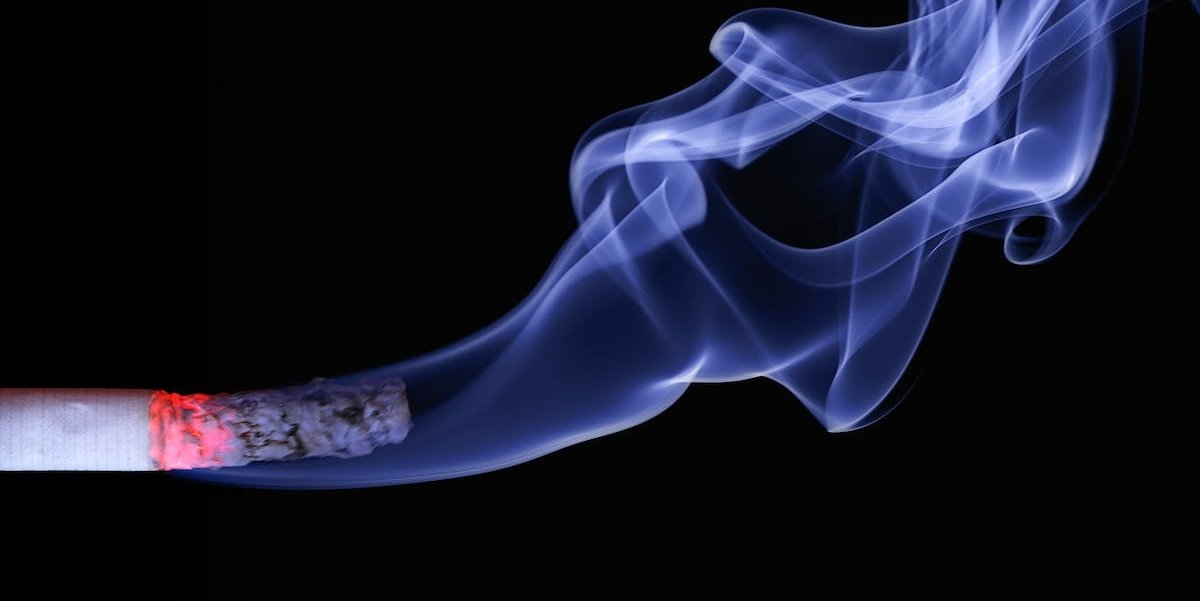A guiding principle of the World Health Organization (WHO) established in 1948, was the universal right to health. Although not expressed in these terms, the implication is that nobody gets left behind even if behaviours which potentially threaten health like illegal drug use and unprotected sex meet with societal disapproval.
This is the principle of harm reduction and has been accepted by the WHO for example, in designating methadone as an essential medicine to treat heroin addiction and in encouraging the use of condoms to help prevent the spread of HIV/AIDS especially between men. Tobacco harm reduction using safer nicotine products is an equally valid approach in helping to protect the health of these and other vulnerable and marginalised groups.
Those who use illegal drugs and/or are HIV positive have far higher rates of smoking than the general population. In the UK, most opiate deaths occur in older age groups. This is counter intuitive as you might expect long-term heroin users to have a high tolerance to heroin. However through decades of smoking, many are already suffering from respiratory diseases such as chronic obstructive pulmonary disease and emphysema. A heroin user with compromised lung function is more at risk of overdose. Smoking seriously impacts those with HIV putting them at far greater risk of HIV-related conditions than those who are HIV positive but who don’t smoke. Smoking can also impede response to HIV treatment.
But the case for treating tobacco harm reduction as a human rights issue must fully extend to the one billion smokers worldwide and the resultant 8 million deaths and numerous diseases caused by smoking. While smoking rates have come down in many countries, mainstream tobacco control policies have failed to seriously reduce these statistics. In fact, population growth in some low-or-middle-income regions may push smoking rates back up. Given this situation, the WHO has a moral duty to uphold its own universal health care principles and accept tobacco harm reduction, in line with drugs and HIV harm reduction. Access to safer nicotine products is therefore not just a question of a consumer’s right to choose.
However, not only has the WHO failed to do so, but it has been using all the influence at its disposal to reject tobacco harm reduction among all the Parties to the Framework Convention on Tobacco Control. In fact, the WHO narrative has been subtly shifting away from a war against smoking to a war against nicotine. Designating e-cigarette vapour as ‘smoke’ is but one example.
The myriad failures of conventional tobacco control have seen the WHO attempt to hitch its rickety policy wagon first to the UN environmental agenda and now to the UN human rights agenda.
The WHO held a meeting of the Interagency Task Force on the Prevention and Control of NCDs (UNIATF) with a special session on human rights. Present was Lynn Gentile from the UN Office of the United Nations High Commissioner for Human Rights who said, ‘[a] Human rights framework is indispensable to how we respond to health challenges such as NCDs and mental health.’
She is right insofar as embracing tobacco harm reduction as an issue of human rights could make a huge contribution to the death and disease toll from smoking. But the WHO will be pushing a different human rights agenda at next month’s 10th Conference of the Parties meeting. There may be some human rights issues around agricultural labour, but more likely the emphasis will be for headline grabbers like protecting youth from the phantom epidemic of global teen vaping. Moreover, sitting around that table will be numerous countries with appalling human rights records not least China, the world’s biggest cigarette manufacturer and countries in the Middle East, a region with some of the world’s highest rates of smoking.
